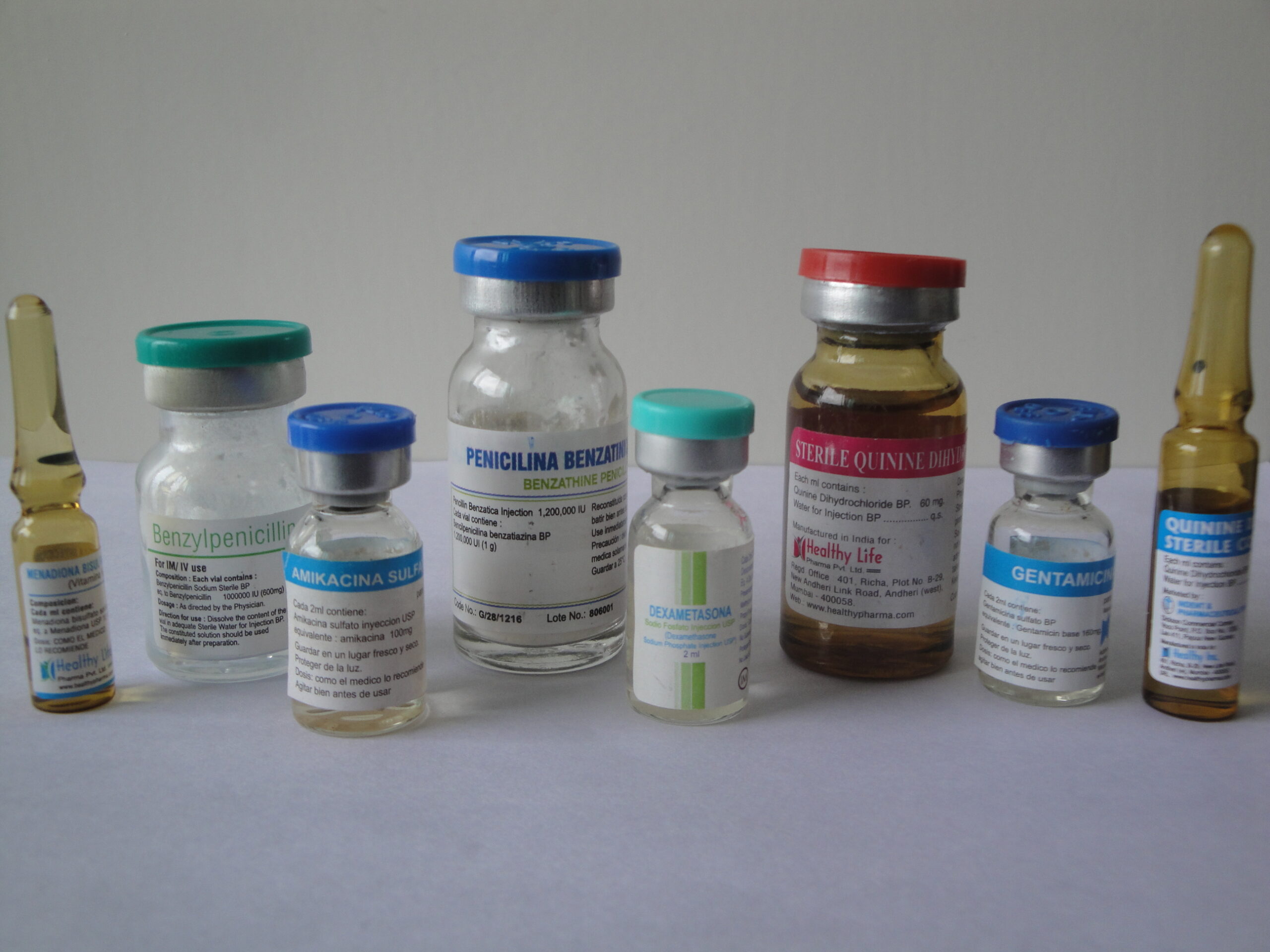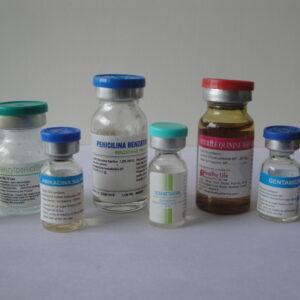Description
Ivermactin veterinary injection
Ivermectin is commonly used in veterinary medicine to treat various parasitic infections in animals. The usage of ivermectin for veterinary injections can include the following:
Treatment of Internal Parasites:
Ivermectin is effective against a wide range of internal parasites such as gastrointestinal worms (nematodes) in animals like cattle, horses, sheep, goats, and swine.
Treatment of External Parasites:
It is also used to control external parasites such as mites, lice, and ticks in animals.
Prevention of Heartworm Disease:
Ivermectin is commonly used in dogs for heartworm prevention. Regular administration can help prevent heartworm disease caused by Dirofilaria immitis.
Scabies and Mange Treatment:
Ivermectin can be used to treat sarcoptic mange and demodectic mange in dogs, which are caused by mites.
Ectoparasitic Infections:
Ivermectin is effective against a variety of ectoparasites, including certain types of flies and grubs.
Vector-Borne Diseases:
In some cases, it may be used to control parasites that act as vectors for diseases in animals.
It’s important to note that the specific usage, dosage, and administration route of ivermectin can vary depending on the type of animal, its weight, the type of parasites involved, and other factors. The use of ivermectin in veterinary medicine should always be done under the guidance of a licensed veterinarian to ensure proper diagnosis and treatment.
It’s crucial to follow the veterinarian’s instructions carefully and use the correct formulation and dosage for the specific animal being treated. Misuse of ivermectin can lead to ineffective treatment, toxicity, or other adverse effects. Additionally, withdrawal periods may be necessary for certain animals treated with ivermectin for food-producing purposes to ensure that residues have cleared from their system before consumption.
Ivermectin for veterinary injection has several uses in animals, primarily for the treatment and prevention of parasitic infestations. Here are some common applications:
Treatment of Parasitic Infections: Ivermectin is highly effective against a wide range of internal and external parasites in animals, including various species of worms, mites, lice, and ticks. It can be used to treat gastrointestinal parasites such as roundworms and hookworms, as well as ectoparasites like mange mites and ear mites.
Heartworm Prevention: Ivermectin is commonly used in monthly heartworm preventatives for dogs. It kills the larval stage of heartworms (Dirofilaria immitis) before they can mature into adult worms and cause heartworm disease.
Control of External Parasites: Ivermectin injections can help control external parasites like ticks and lice in livestock animals such as cattle, sheep, and horses. It is also used to treat and prevent infestations of ectoparasites in pets like dogs and cats.
Treatment of Scabies and Mange: Sarcoptic mange and demodectic mange, caused by mites infesting the skin, can be treated with ivermectin injections. It helps to kill the mites and alleviate the associated skin irritation and inflammation.
Ear Mite Treatment: Ivermectin injections can be used to treat ear mite infestations in animals, particularly in rabbits, cats, and dogs. It helps to eliminate the mites residing in the ear canal and reduce symptoms such as itching and ear discharge.
It’s important to follow the dosage and administration instructions provided by a veterinarian when using ivermectin injections in animals. Dosage can vary based on the species, weight, and specific condition being treated. Additionally, safety precautions should be taken to avoid overdosing and adverse reactions, especially in certain breeds or species that may be more sensitive to ivermectin. Always consult with a veterinarian before using any medication on your animals.



